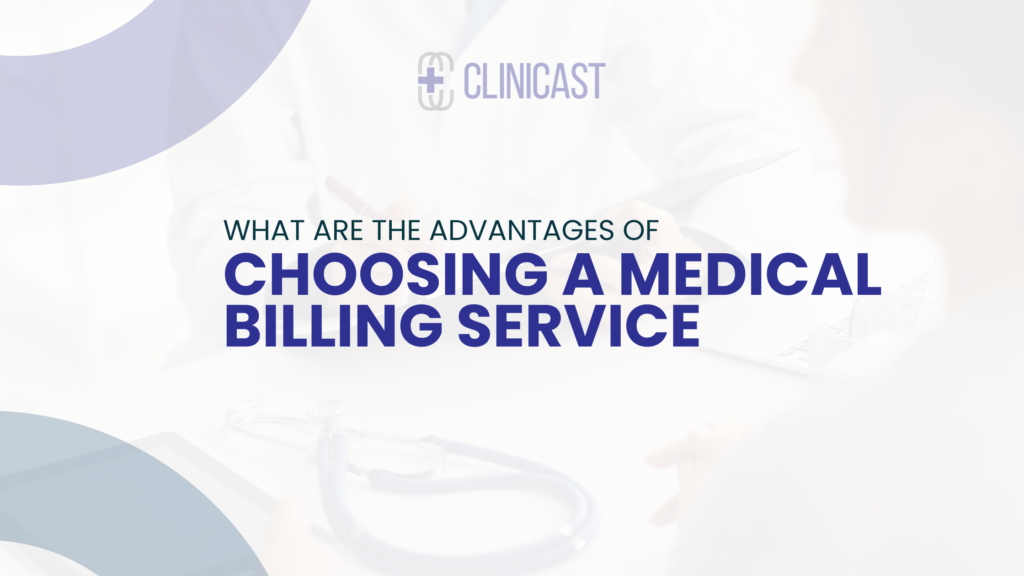Medical practices that manage their patient records through an electronic health record (EHR) system are more organized than a paper-based office. The adoption of electronic health records has revolutionized the way physician practices provide health care services. The way appointments are booked, how health records are maintained, in fact, it has completely transformed the clinical flow. Similar are the benefits on the administrative side where at the same time it has improved the whole care delivery process. EHRs are phenomenal in managing resources and improving patient care.
Certified Electronic Health Record (EHR) systems are capable of digitally archiving electronic records of patients and provide enhanced capabilities of tracking the care delivery flow through its integrated protocols that are assisting medical practices on every step. Besides process automation, EHRs are helpful in improving patient care through the ease of access and universal availability of health records.
Patients feel more privileged and like those medical practices that are equipped with the latest technologies. The adoption of electronic health records is the first step towards the digitalization of medical practice.
Electronic health records improve care coordination
EHRs automate inpatient and outpatient management, admission, discharge and transfer management, quality management, outcomes analysis, resource planning, and follow-up care. Eventually, it eliminates redundancy in workflow and improves care quality. Care coordination becomes easier with the interoperability of patient health records.
Digital documentation reduces errors
Electronic health records bring in accuracy and reduce the possibility of errors. Patients’ health information entered through EHRs saves a practice from data entry errors and in turn improves the care delivery process.
Easy access to health records increases patient satisfaction
Patients are not required to wait longer to fetch their health records. Electronic health records are easier to retrieve and can be easily accessed through practice management tools. Health records on paper require extra office space and resources to manage them. Reduced administrative burden gives more time to improve other areas that affect the patient care process. Electronic health records save on overhead expenses and a major portion of a provider’s earnings are funneled back into improving patients’ care process.
Efficient workflows improve care quality
Efficient time management and timely execution of clinical processes achieved through the use of electronic health records boost productivity. EHRs provide complete practice management (billing, charges, payments, plan and patient A/R, collections & follow up and denials management) and patient data is shared in fewer clicks.
The adoption of electronic health records creates a less cluttered and efficient practice environment which is the first step towards creating a patient-centered experience.
Informed decision making
Electronic health records integrated with intelligent practice management tools and improve the decision-making process. Easy access to health records, patient history, and laboratory documents help physicians make better decisions. EHR systems today are capable of alerting physicians if they find something wrong in the health records, such as, drug-drug and drug-allergy alerts which curtail the possibility of a wrong decision. Adoption of electronic health records is a must to make better clinical decisions and which ultimately improves the standard of patient care. If you are struggling with improving the quality of patient care and want a transition to a paperless environment, we can help you with the digitization of patient health records and complete automation of the clinical processes.








